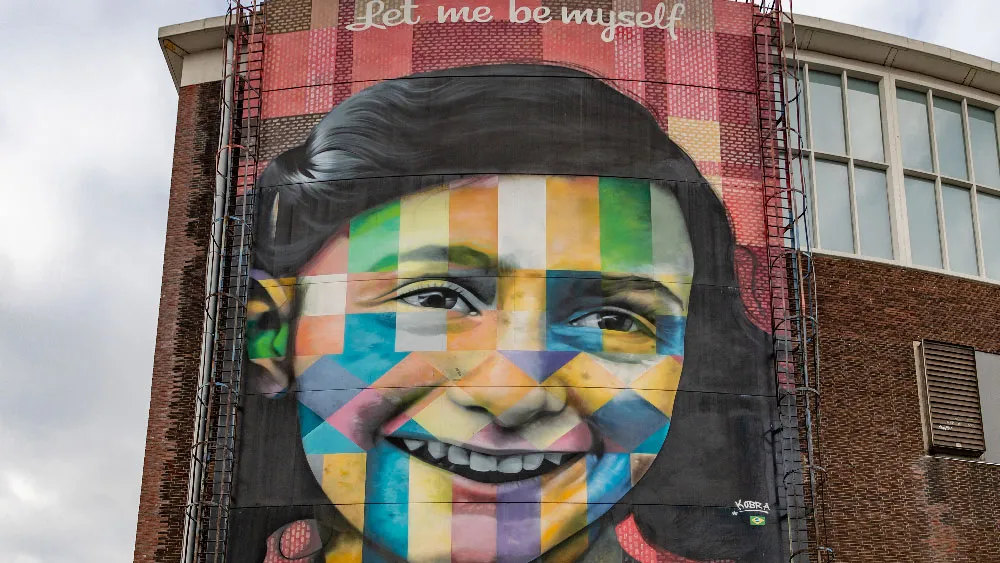February 11, 2010
TCM Greatest Classic Film Collection :: Marx Brothers
Roger Brigham READ TIME: 3 MIN.
Nobody ever combined visual slapstick humor with dialogue that ranged from groaner puns to witty sexual subtext quite like the Mark Brothers, who honed their skills on Vaudeville before becoming a major movie studio force in the 1930s. This collection of four of their best films -- TCM Greatest Classic Film Collection :: Marx Brothers -- put together by TCM represents the latter stages of their ensemble work before Groucho Marx a la Diana Ross went out on his own.
Many would consider Duck Soup (1933) and A Night at the Opera (1937) their finest films. The TCM collection offers four of the six movies that immediately followed -- in my mind, the best of the six.
A Day at the Races (1937) followed immediately on the success of A Night at the Opera and follows the usual plot formula: Groucho's character being in a prestigious position (in this case, a sanitarium doctor with a hyper-strung, hypochondriac patient played by the irreplaceable Margaret Dumont, a perennial Marx Brother foil) fighting to stay on top while becoming enmeshed in the antics of Chico's and Harpo's characters. Some of the best Groucho and Chico banter of any of their films outside of Duck Soup.
At the Circus was the brother's entry in 1939 and certainly one of the best comedies of that blockbuster year (which also included Gone With the Wind, Stagecoach and The Wizard of Oz). Dumont is back, as a haughty rich society matron--the perfect foil during the Great Depression--and this time the cast is joined by two real standouts as members of the circus. Eve Arden plays -- well, the same kind of character she always played, in this case named Peerless Pauline -- and former hunky pro wrestler Nat Pendleton (I'll watch -anything- with him in it) plays the circus strongman Goliath.
Three of the funniest all time Marx Brothers sight-gag scenes highlight the film: Groucho and Chico squeezing into the circus midget's room to try to get a confession out of him; Groucho chasing Eve upside down on the ceiling of her dressing room (eat your heart out, Fred Astaire) while trying to get into her blouse; and Chico and Harpo searching the strongman's cubby while he's asleep in the bunk.
Room Service (1938) offers Lucille Ball and Ann Miller as minor sidekicks. The plot, always the weakest element of a Marx brothers film, is expectedly thin -- how can a bankrupt theater troupe keep foiling efforts to get them thrown out of their hotel before they have a chance to open -- but the endless barbs aimed at the hotel executives keep things moving. A Night in Casablanca (1946), the last film the group made together for three years, attempted to cash in on the name cache of two films: their own A Night at the Opera and the classic Humphrey Bogart vehicle Casablanca. In fact, the movie borrows liberally from Casablanca, beginning with the usual suspects being roundup up after a mysterious murder and Nazis being foiled in their efforts. And whereas all of the other classic Marx Brothers "room" scenes relied on cramped spaces, in this film Chico and Harpo show they are able to put the squeeze on even the biggest of ballrooms.
All of the films offer Marx Brothers staples of Chico on the piano and Harpo on the harp, an occasional song, side characters having a go at romance and everything working out in the end. Hokey and formulaic but funny nonetheless--well worth revisiting and sharing.
The collection also offers a lengthy feature on the Marx brothers themselves. Less successful are the uninspired collection of Little Rascals films and boring cartoons used to fill out the four discs.
Roger Brigham, a freelance writer and communications consultant, is the San Francisco Editor of EDGE. He lives in Oakland with his husband, Eduardo.


